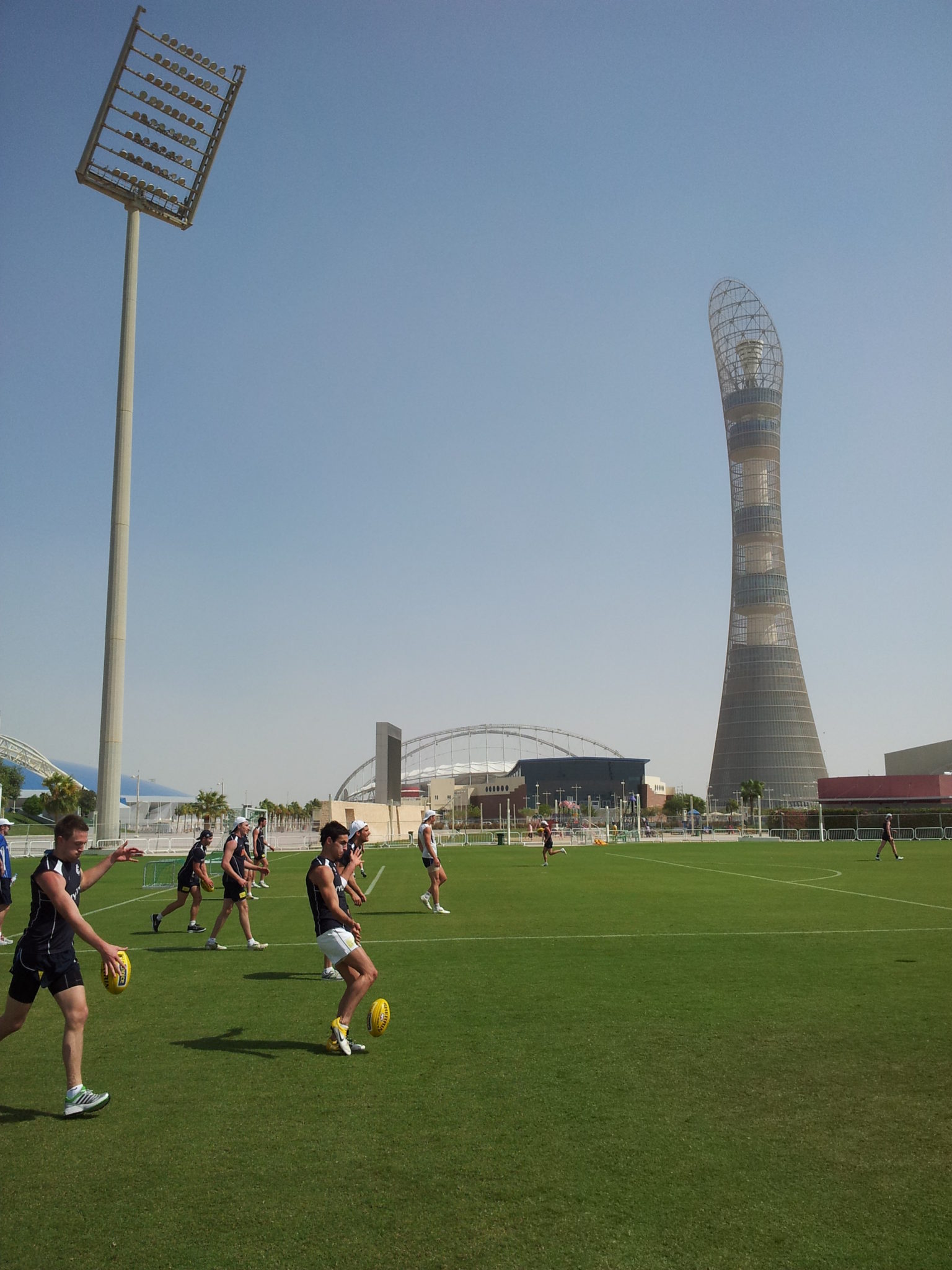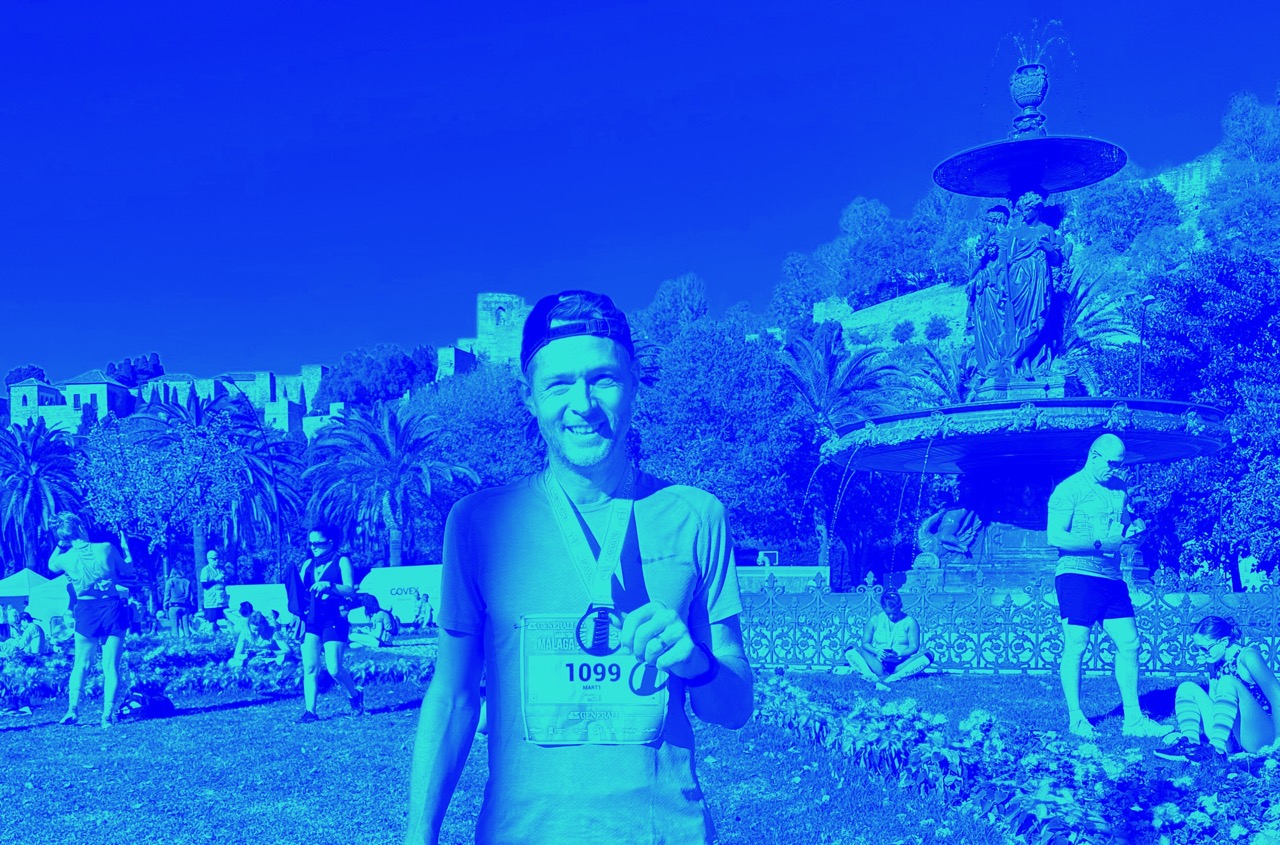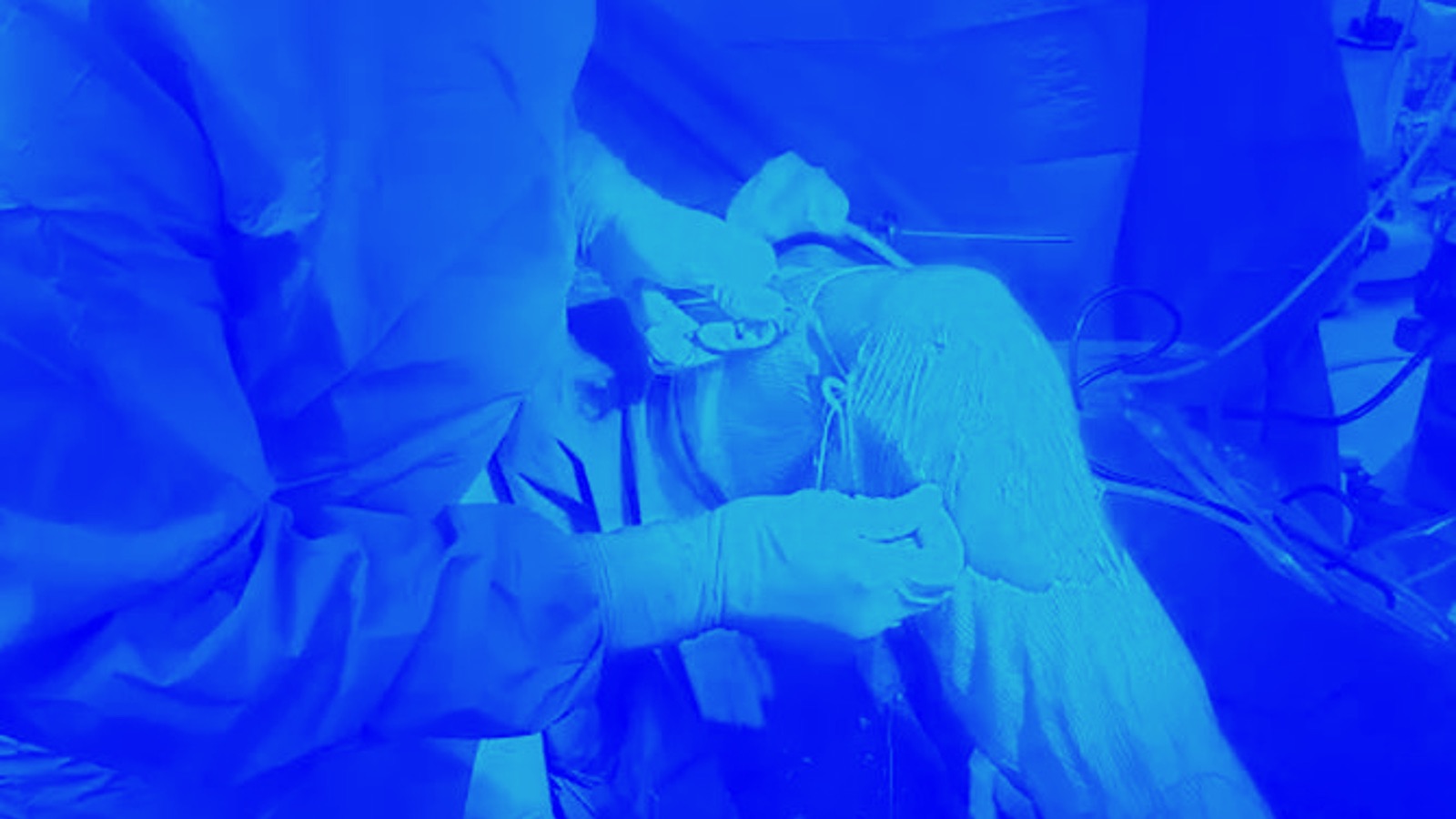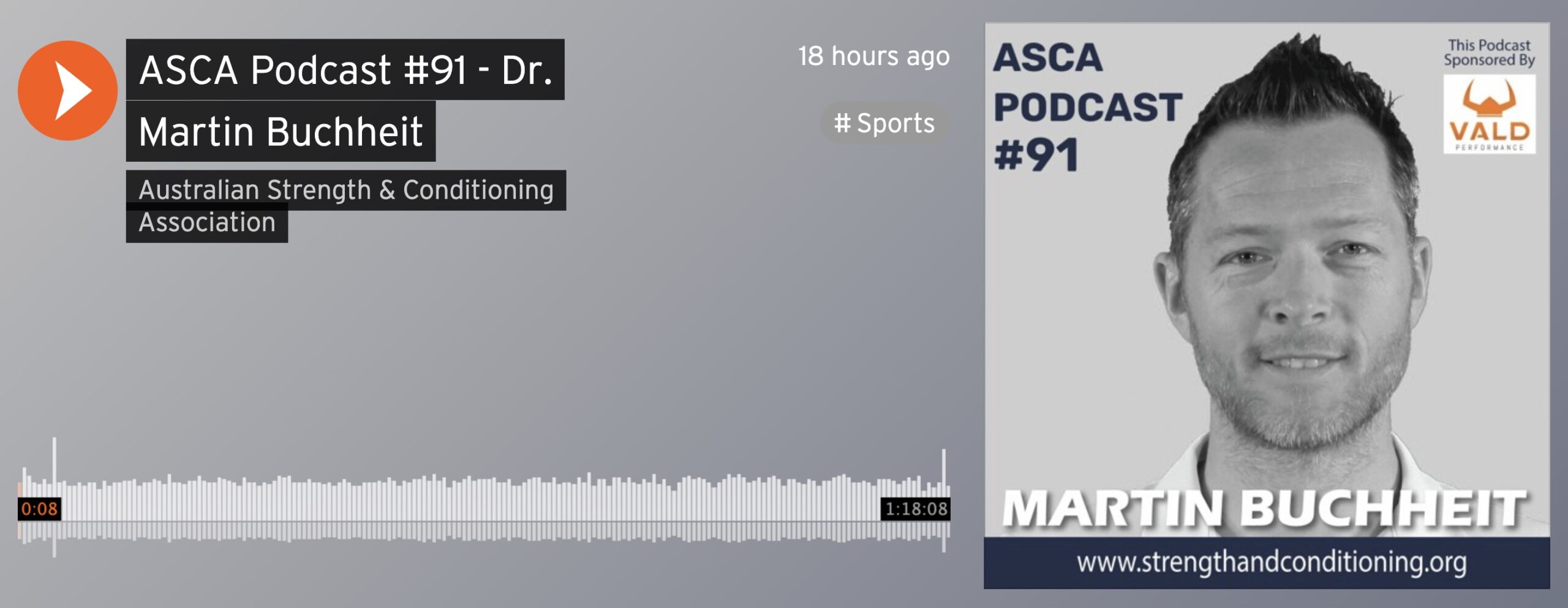Physiological and Performance Responses to a Training-Camp in the Heat in Professional Australian Football Players

Sebastien Racinais, Martin Buchheit, Johann Bilsborough, Pitre C. Bourdon, Justin Cordy and Aaron J Coutts. International Journal of Sports Physiology and Performance, In press.
Abstract
Purpose: To examine the physiological and performance responses to a heat-acclimatization camp in highly-trained professional team sport athletes. Methods: Eighteen male Australian Rules Football players trained for two weeks in hot ambient conditions (31-33ºC, humidity 34-50%). Players performed a laboratory-based heat-response test (24 min walk + 24 min seated; 44ºC), a YoYo Intermittent Recovery Level 2 Test (YoYoIR2; indoor, temperate environment, 23ºC) and standardized training drills (STD; outdoor, hot environment, 32ºC) at the beginning and end of the camp. Results: The heat-response test showed partial heat acclimatization (e.g., a decrease in skin temperature, heart rate and sweat sodium concentration, p<0.05). In addition, plasma volume (PV, CO-rebreathing, +2.68, 95%CI[0.83;4.53] ml·kg-1]) and distance covered during both the YoYoIR2 (+311[260;361]m) and the STD (+45.6[13.9;77.4]m) increased post camp (p<0.01). None of the performance changes showed clear correlations with PV changes (r<0.24), but the improvements in running STD distance in hot environment was correlated with changes in haematocrit during the heat-response test (r=-0.52,90%CI[-0.77;-0.12]). There was no clear correlation between the performance improvements in temperate and hot ambient conditions (r<0.26). Conclusion: Running performance in both hot and temperate environments was improved following a Football training-camp in hot ambient conditions that stimulated heat-acclimatization. However, physiological and performance responses were highly individual and the absence of correlations between physical performance improvements in hot and temperate environments suggests that their physiological basis might differ.
Keywords: acclimation; acclimatization; exercise; hot environment; temperature; football




Adding heat to the live-high train-low altitude model: a practical insight from professional football | Martin Buchheit
[…] a greater and faster improvement in performance, suggesting that the present intervention(s) were pretty awesome (likely because of the heat, but we can’t say it with absolute confidence…J). Again, from a […]